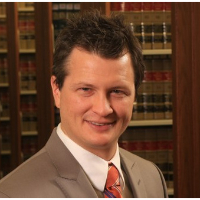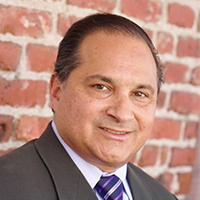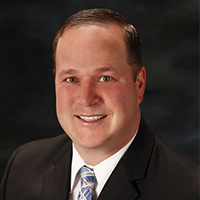Silver Springs Estate Lawyer, Nevada
Mark A. Goodman
✓ VERIFIEDIntellectual Property, Estate, Wills & Probate
Mark Goodman received his Bachelor’s Degree from UC Berkley in 2001 and his law degree in 2005 from the University of San Francisco. He is licens... (more)
Richard A. Salvatore
✓ VERIFIEDAccident & Injury, Criminal, Divorce & Family Law, Estate, Business
In 1992, I received my law degree from Thomas M. Cooley Law School in Lansing, Michigan. In 1996, I went on to receive a Masters of Law in Trial Advoc... (more)
David C. O'Mara
✓ VERIFIEDEstate, Divorce & Family Law, DUI-DWI, Accident & Injury
David C. O’Mara’s practice is concentrated in appellate advocacy, bankruptcy, family law, personal injury, civil litigation, and securities and sh... (more)
Nik V. Walters
✓ VERIFIEDAccident & Injury, Personal Injury, Car Accident, Estate
Nikol Walters is a practicing lawyer in the state of Nevada and received their J.D. from the University of Puget Sound in 1975.
Allen D Gibson
Real Estate, Wills & Probate, Family Law, Civil Rights
Status: In Good Standing Licensed: 47 Years
Aaron R. Squires
Foreign Investment, Trusts, Securities, Merger & Acquisition
Status: In Good Standing Licensed: 17 Years
Patrick O. King
Real Estate, Litigation, Estate, Business
Status: In Good Standing Licensed: 31 Years





